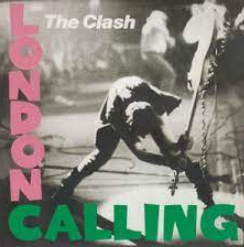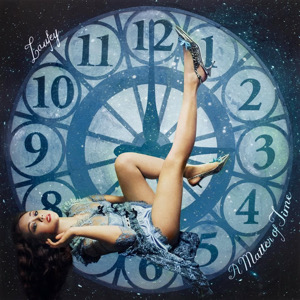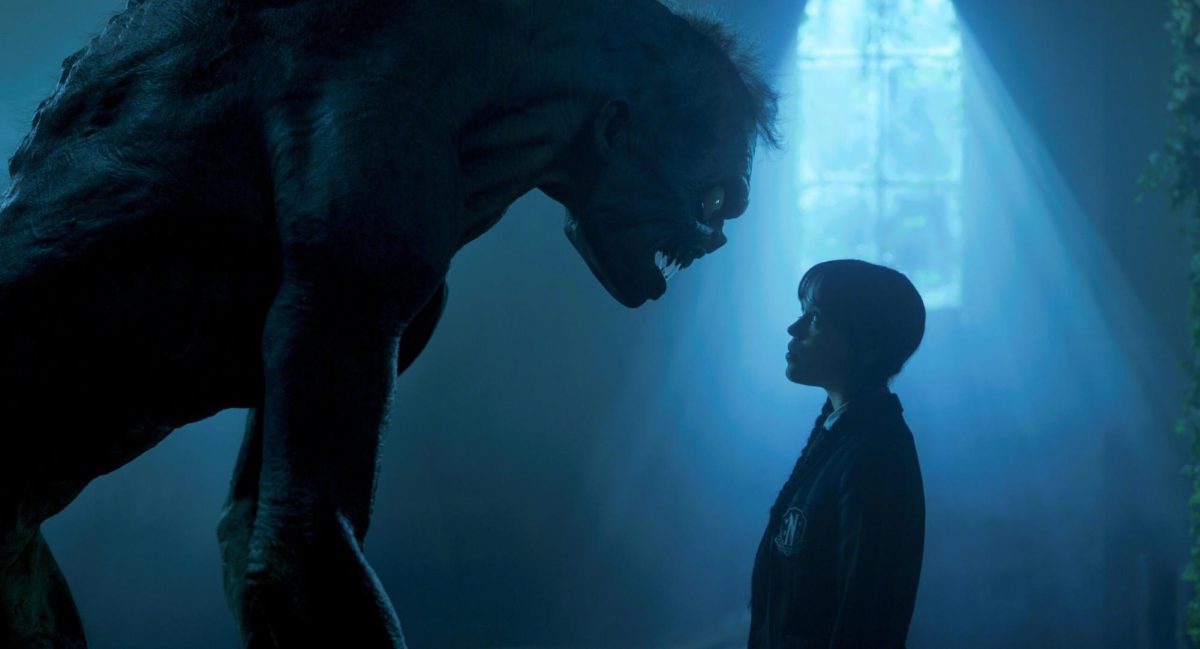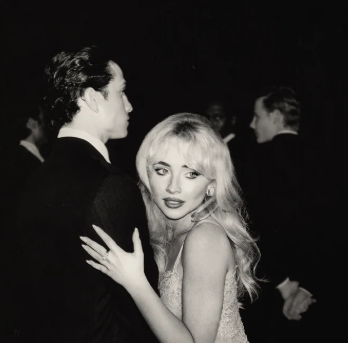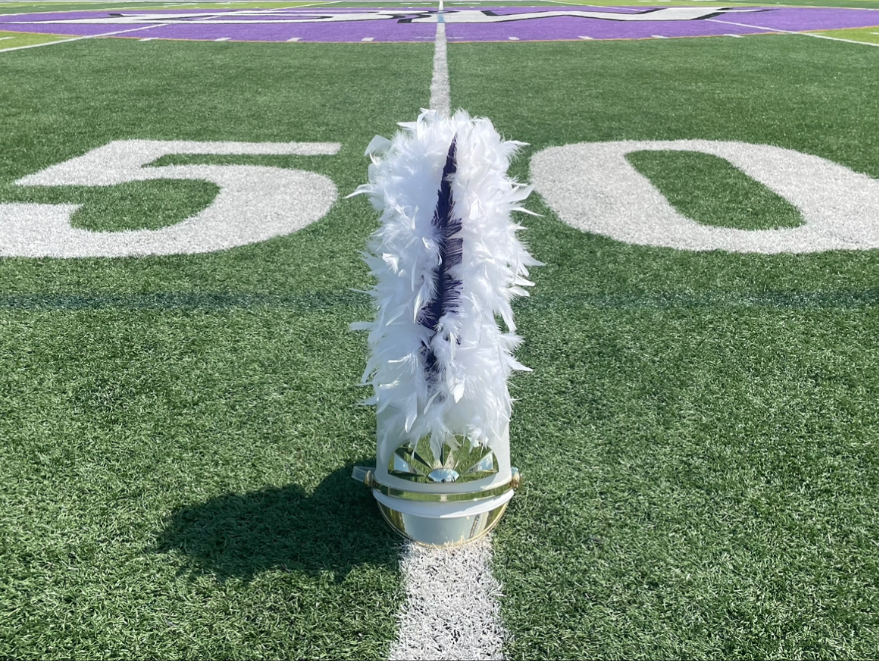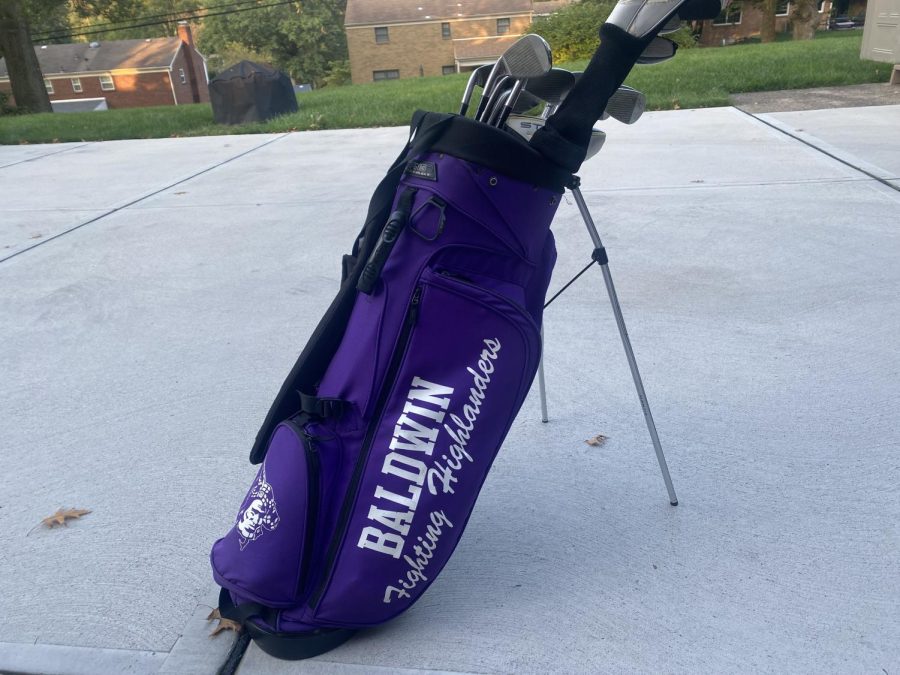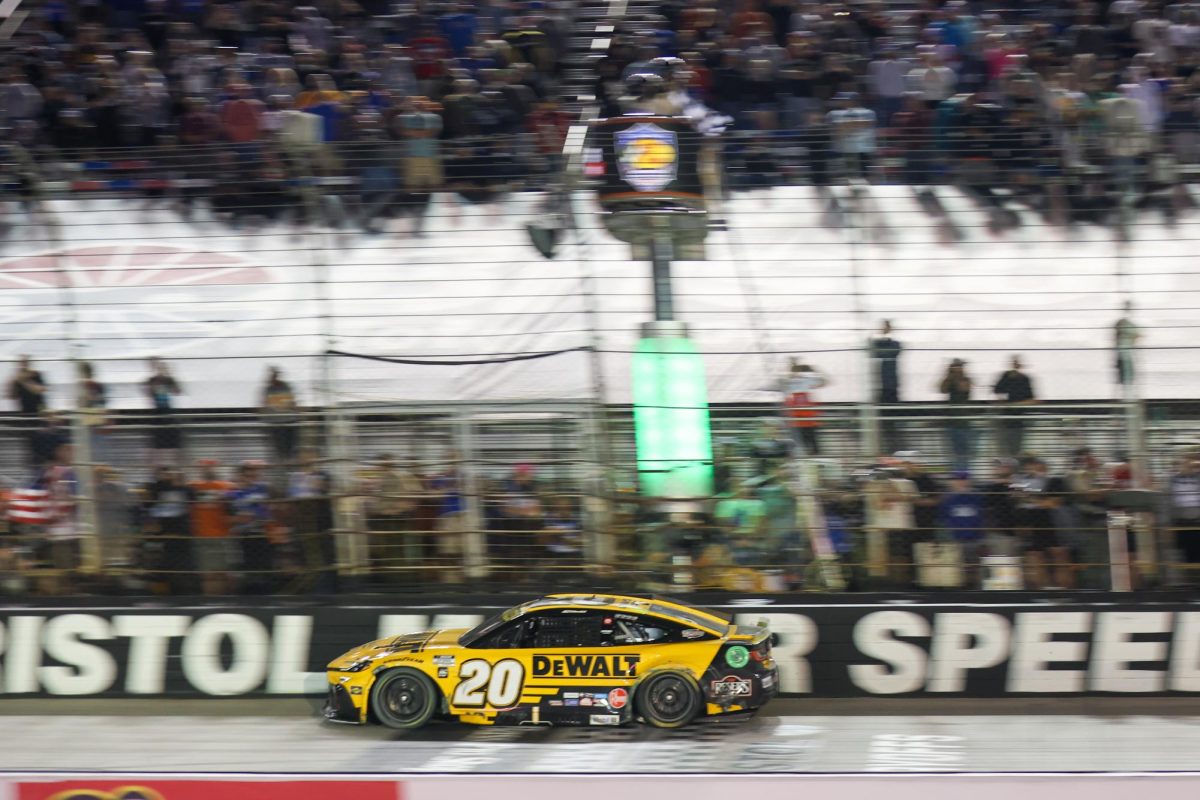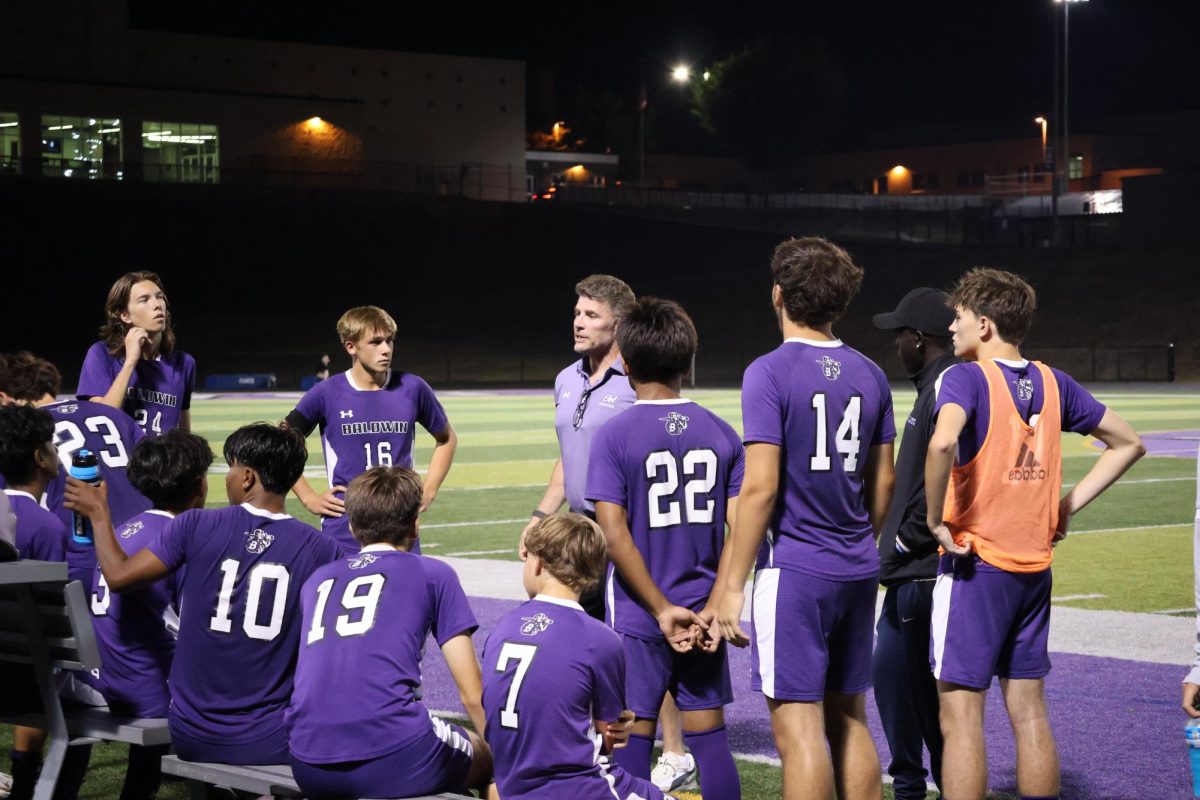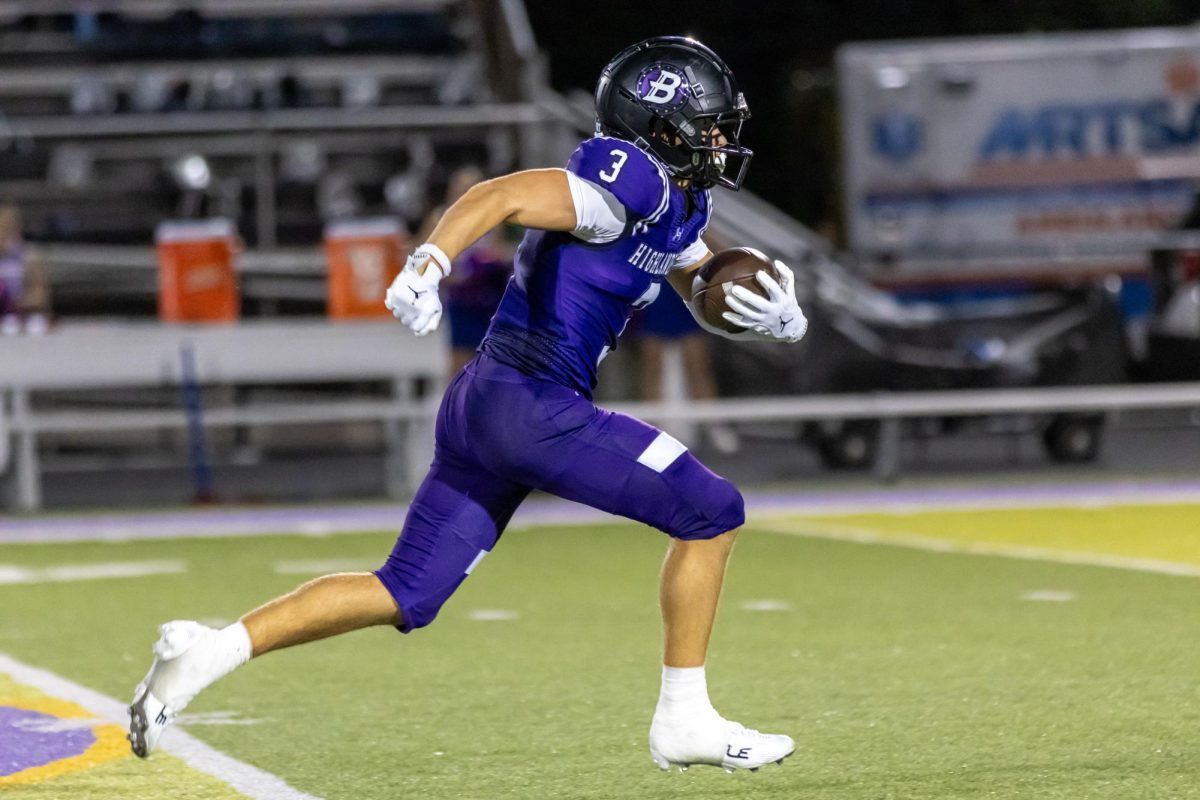‘London Calling’ is one of The Clash’s most famous albums, if not their best. Photo via CBS Records.
Billed as “The Only Band That Matters,” The Clash are one of the most influential bands of all time. One of the biggest punk bands, The Clash achieved a double platinum certification for their album Combat Rock . They have inspired many other famous bands, like U2, Rage Against the Machine, and Franz Ferdinand.
The Clash were inducted into the Rock and Roll Hall of Fame in 2003 and were ranked the 28th greatest band of all time by Rolling Stone .
The Clash have a wide range of excellent songs, but these five stand out.
“London Calling” is the opening title track of the studio album. Courtesy of CBS Records.
London Calling
“The ice age is coming, the sun's zoomin' in / Meltdown expected, the wheat is growin' thin / Engines stop running, but I have no fear / 'Cause London is drownin', and I live by the river.”
Offering an apocalyptic vision of the future, “London Calling,” the opening track of the studio album of the same name, features powerful, politically charged vocals that encapsulate the feeling of unrest at the time.
The song is a great example of the band’s distinctive blend of genres. The incorporation of reggae rhythms reflects The Clash's interest in Jamaican music and their commitment to exploring new sounds within the punk rock genre.
The title references the BBC World Service’s station identification that was used to broadcast to occupied countries in World War II. It connects the dread and danger of being under German rule in the 1940s to the fear of atomic war.
With each verse, the sense of foreboding and doom increases. It starts with war in London and ends with total apocalypse. The final line, “And after all this, won’t you give me a smile?” adds a touch of humor to the bleak atmosphere of the song and ties up the story.
Though the song references many events, like the Three Mile Island nuclear plant accident and high unemployment in Britain at the time, its themes of social unrest and political disillusionment continue to resonate with audiences today.
“The Guns of Brixton” is another song from the album London Calling. Courtesy of CBS Records.
The Guns of Brixton
“You see, he feels like Ivan / Born under the Brixton sun / His game is called survivin' / At the end of the harder they come.”
Combining an upbeat reggae rhythm with serious social commentary on police brutality and crime, “The Guns of Brixton” is an interesting and meaningful track. Another song from the London Calling album, it continues the themes of doom and gloom found in the earlier “London Calling.”
The title refers to Brixton, a neighborhood in South London that was marked by social and economic struggles during the late 1970s. Both guitarist Mick Jones and bassist Paul Simonon, the writer and singer of the song, were from Brixton.
Though many consider the song to be about the Brixton riot of 1981, it actually predates the riot by two years. The issues in the song do reflect the issues that eventually caused the riot.
The song references the movie The Harder They Come, a film about an imaginary reggae artist named Ivanhoe Martin (played by real-life reggae star Jimmy Cliff) becoming an infamous two-gun outlaw. Martin shoots a policeman and then tries to escape Jamaica and flee to Cuba, but he dies in a shootout with police on a beach. The lyrics connect a man struggling with the law in Brixton to Martin, who also had to fight against a corrupt police force.
“White Riot” is one of the Clash’s most controversial songs. Courtesy of CBS Records.
White Riot
“All the power's in the hands / Of the people rich enough to buy it / While we walk the street / Too chicken to even try it.”
One of The Clash’s most controversial songs, “White Riot” calls White people to join the riots against police brutality that were started by Black youth. While not officially banned from the radio, the song got almost no airplay due to its contentious nature.
The Clash's frontman, Joe Strummer, wrote the song as a response to the racial tensions and economic hardships prevalent in Britain during the 1970s. The band's intention was to provoke a reaction and spark a movement for change. "White Riot" became an anthem for the punk movement, resonating with disaffected youth who felt alienated by mainstream society.
Musically, "White Riot" is characterized by its fast-paced tempo, aggressive guitar riffs, and impassioned vocals. It's a visceral expression of defiance and rebellion, reflecting the raw energy and urgency of the punk genre.
Sadly, the song has been misinterpreted as a White supremacist anthem in support of a race war. In fact, it very heavily advocates for unity between races to protest injustice.
Despite its confrontational lyrics, "White Riot" carries a message of unity and empowerment. It encourages people to stand together in solidarity against oppression and injustice, advocating for social change through collective action.
“Train in Vain” is one of the Clash’s most popular songs and is another song off of London Calling. Courtesy of CBS Records.
Train in Vain (Stand by Me)
“All the times when we were close / I'll remember these things the most / I see all my dreams come tumbling down / I can't be happy without you around.”
Supposedly inspired by the break-up of vocalist Mick Jones and Slits guitarist Viv Albertine, the song's catchy melody, energetic rhythm, and poignant lyrics have made it one of The Clash's most popular and enduring songs.
“Train in Vain” is another song from the London Calling album. The song was not originally listed on the album's track listing and was added as a hidden track.
Musically, the song is characterized by its infectious energy, driven by Mick Jones' distinctive guitar riff and the band's trademark raw, impassioned vocals. Its driving rhythm and catchy melody underscore its punk roots, while its tight composition and infectious hooks have contributed to the lasting popularity of the track
Lyrically, “Train in Vain” is a poignant reflection on love, loss, and disillusionment. The lyrics paint a vivid picture of a relationship gone sour, with the narrator grappling with feelings of frustration and betrayal.
Despite its relatively straightforward structure, "Train in Vain" is imbued with a sense of urgency and emotional depth that resonates with listeners on a visceral level. Its universal themes of heartache and resilience have ensured its enduring popularity, making it a timeless anthem for anyone who has experienced the complexities of love and loss.
This song is an example of creative songwriting by the band. Courtesy of CBS records.
Rock the Casbah
“As soon as the Sharif was chauffeured outta there / The jet pilots tuned to the cockpit radio blare / As soon as the Sharif was outta their hair / The jet pilots wailed.”
Yet another example of The Clash’s creative musicianship and powerful lyricism, “Rock the Casbah” tells the story of citizens rebelling against a Middle Eastern king’s ban on rock music.
At the end of the song, the king orders his air force to strike protesters holding a concert in the Casbah, the historic fortified quarter of a Middle Eastern city. The pilots revolt and start to play rock over their radios in protest, signaling an end to his tyrannical rule. The chorus, with its refrain of "Rock the Casbah," serves as a rallying cry for freedom of expression and individuality in the face of oppressive regimes.
The events in the song, though fictional, are similar to the ban on Western music in Iran after the Iranian Revolution of 1979. “Rock the Casbah” uses many different Middle Eastern loan words to contribute to the atmosphere of the song.
The song's meaningful, powerful lyrics are contrasted by its vibrant instrumentation, which incorporates elements of reggae and funk, as well as Arabic-inspired melodies played on the synthesizer. The groovy music only heightens the meaning of the song. The instrumentation is exactly the style the king in the song outlawed, contributing to the anti-censorship message in the song.
